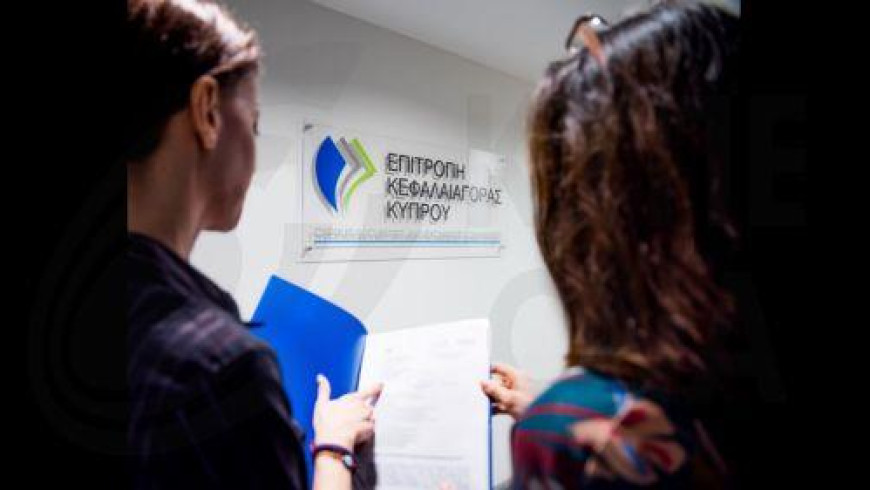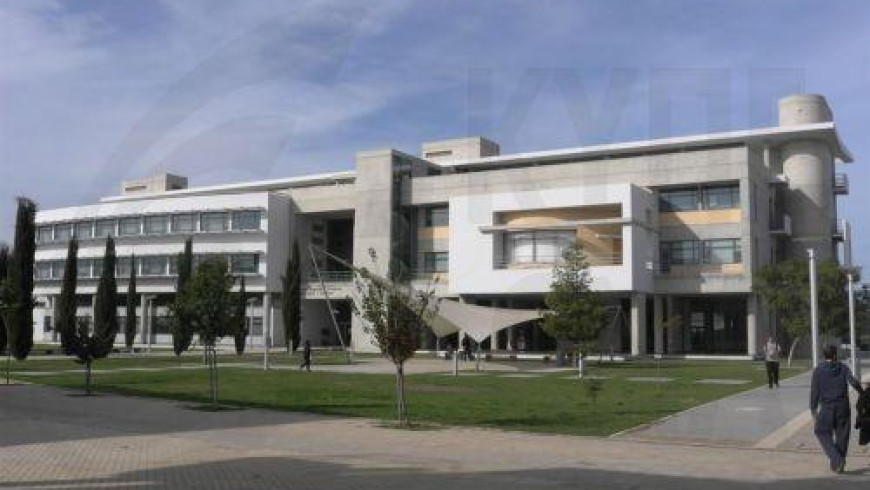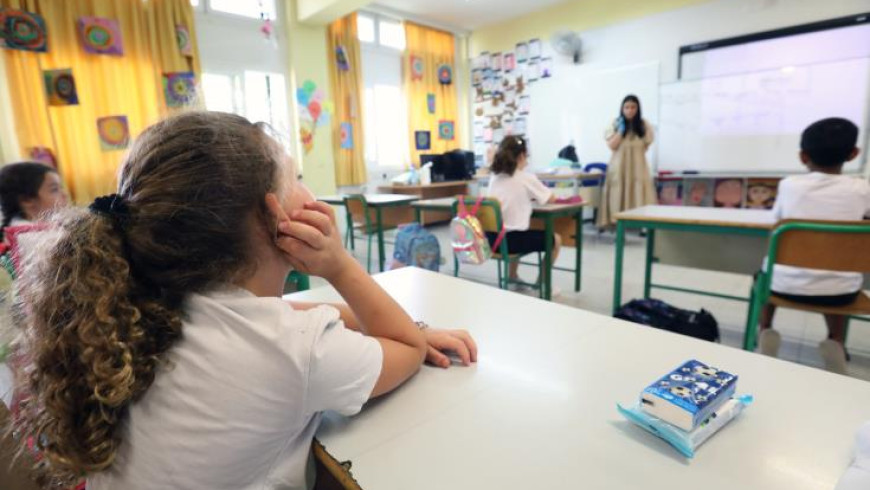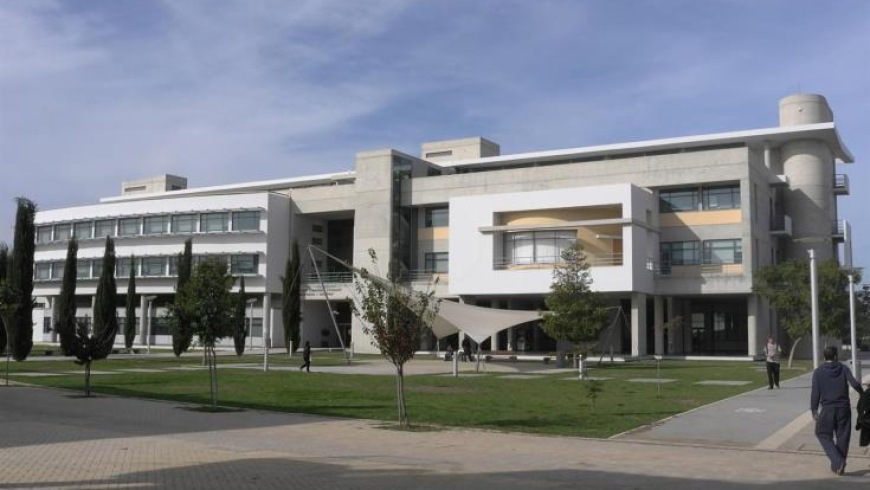
It is essential to have crisis intervention plans to minimise confusion and trauma, Cyprus’ Minister of Education, Sport and Youth, Dr. Athena Michaelidou, on Monday in her address at the beginning of a four-day training programme on crisis management in schools, noting that, a crisis or traumatic event within a school community could have detrimental effects on students' mental health and disrupt the learning process.
In her address, the Minister expressed confidence that the workshop, on the PREPaRE model, “an evidenced-based school crisis prevention and intervention curriculum, will assist school psychologists and schools, in effectively preparing for and responding to emergencies”.
This workshop, she added, offers the opportunity to a significant number of school psychologists of the Educational Psychology Service of the Ministry of Education, Youth and Sports “to receive valuable information on school safety topics that pertain both to the physical and psychological care of students”.
Schools, she said, “are responsible for ensuring a safe environment, fostering personal growth, and maximising the potential of all individuals”. In normal circumstances, schools operate efficiently and effectively, she said, adding that, “in the ever-evolving school landscape”, however “crises unfortunately occur and are a part of reality”. These crises she added, could vary from individual traumas to incidents impacting the entire school and broader community. It is a reality that every school, even in a small country like Cyprus, may face a crisis at any given moment, she added.
Michaelidou said that, amid a crisis, schools encounter “unique challenges and pressures”, noting that, balancing their regular operations with the need to adjust to unforeseen and erratic circumstances was “no easy task”. During a crisis, school personnel, parents, students, and the community at large could be impacted by a distressing event, she said. “Consequently, organising an efficient crisis intervention plan and promptly restoring normal operations become challenging for schools in such situations,” she added.
“Crisis intervention in schools is now acknowledged as an urgent public health concern that demands immediate action”, she noted, adding that schools and support services were “crucial in preventing and managing crises”.
In the event of a critical incident, schools and the community must be prepared to respond promptly and provide necessary support for recovery, the Minister said. “It is essential to have crisis intervention plans in place beforehand to minimize confusion and trauma”, she said. Without intervention efforts or plans, she added, “emotional responses can impact students’ daily functioning, affecting both school and family life”.
“Challenges concerning students' social-emotional well-being can have serious consequences, potentially leading to long-term psychosocial issues. A crisis or traumatic event within a school community can have detrimental effects on students' mental health and disrupt the learning process”, the Minister said.
She added that school psychologists in Cyprus encounter various crises in their daily work, highlighting the critical need for enhanced and comprehensive knowledge. “The actions taken during crises not only offer immediate relief but also establish the foundation for long-term recovery and resilience”, she noted. By providing support services, she added, educators can be empowered to gain a deeper understanding of the situation, reflect on their emotions, and be equipped to offer immediate assistance to students and their families.
“Understanding such important issues and acquiring the skills to prevent and address potential crises are crucial for the school psychology service, schools, and the Ministry”, she said. Therefore, she concluded, the training in question “will be truly beneficial”.














 3287.99
3287.99 1275.09
1275.09
